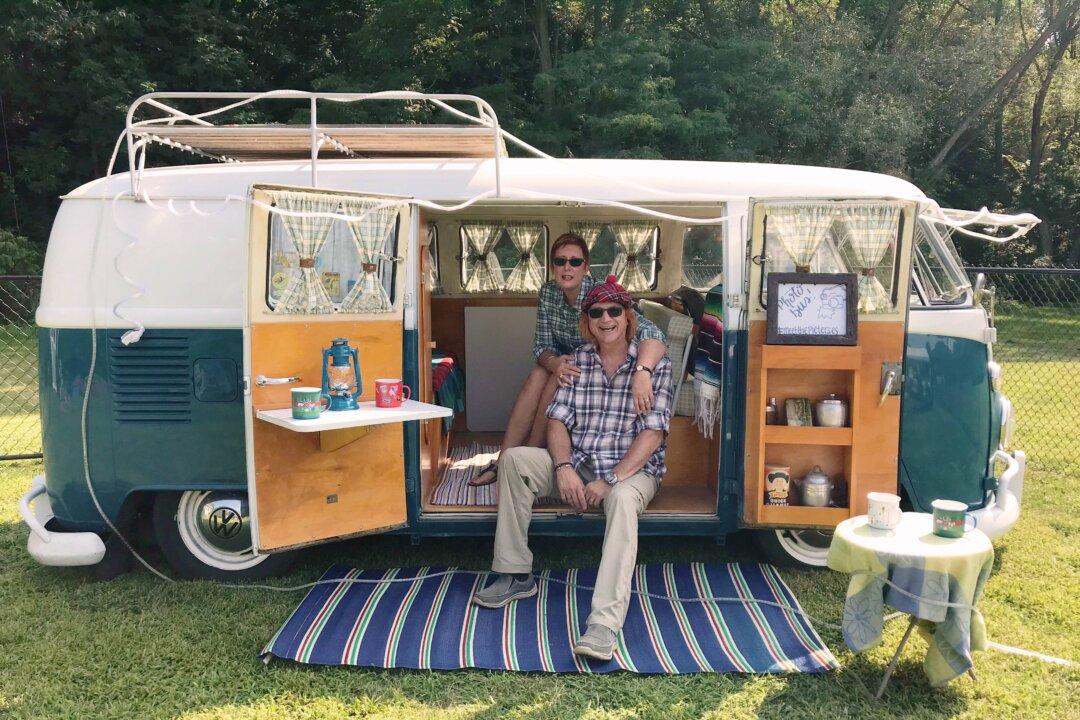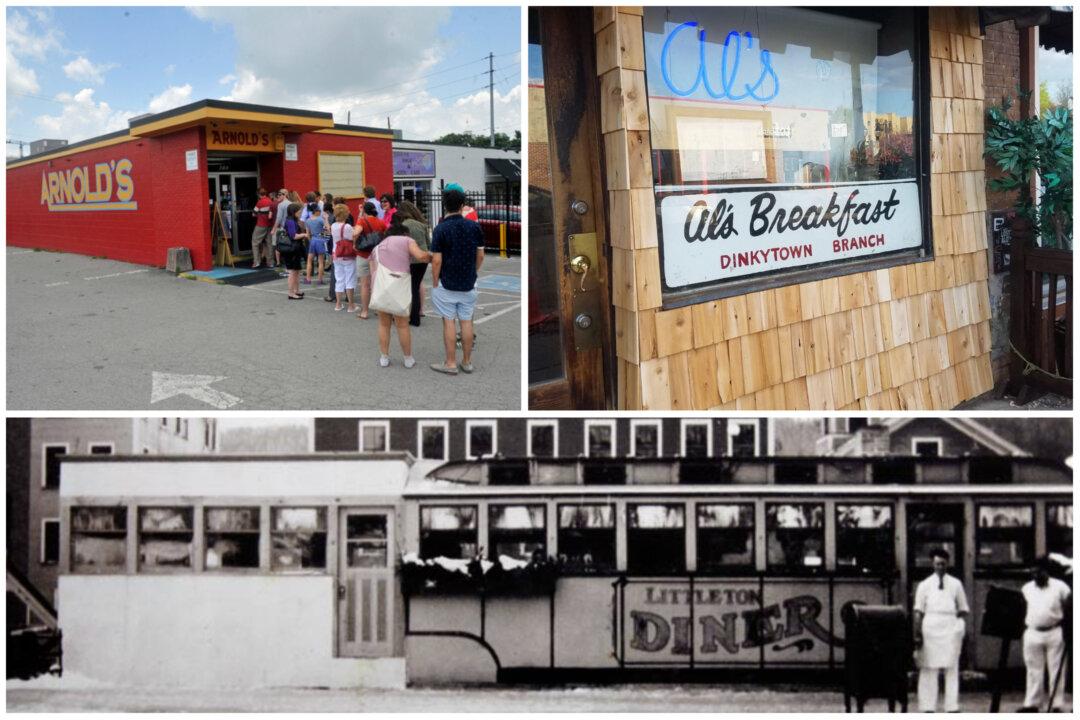Picture this: You’re on Interstate 15, a four-lane highway that snakes through the Virgin River Gorge, situated between St. George, Utah, and Beaver Dam, Arizona. Your foot’s on the gas. The speedometer’s needle hovers around 55 miles per hour. The late afternoon sun peaks through the towering cliffs to the west, casting a heavenly light on everything it touches. Hank Williams Sr.’s voice floats through the speakers: “I love you baby, but you gotta understand, / When the Lord made me, he made a ramblin’ man…” You and your wife are enjoying the ride. Then, your children grumble from behind: “I’m hungry!”
“If you were in your car, you’d have to stop at a McDonald’s, or something,” said Scott Nielson, looking out over a sun-drenched, 52-acre swath of land in Hurricane, Utah, on a clear day in early February. Nielson explained the virtues of owning a motor home instead: “You or your wife could go into the kitchenette and fry up some chicken. And you could keep on driving.”





